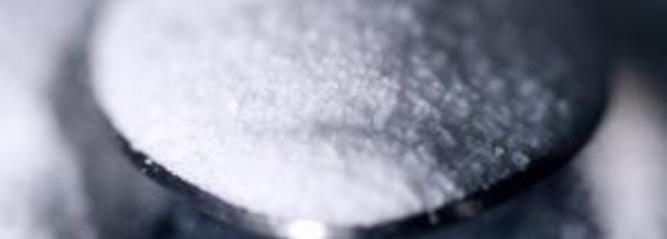What Are Sugar Alcohols?
If you have diabetes, you’re probably a pro at reading food labels. You know to pay attention to total carbs and added sugars. But what about sugar alcohols?
So what are sugar alcohols, anyway? How do they affect blood sugar? Here’s a closer look at sugar alcohols — the most common ones, how they impact blood sugar and some potential side effects to getting too much in your diet.
